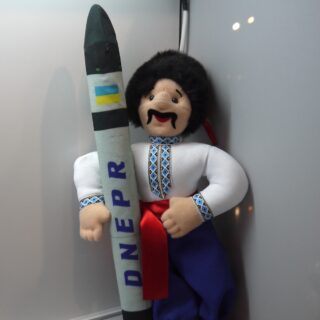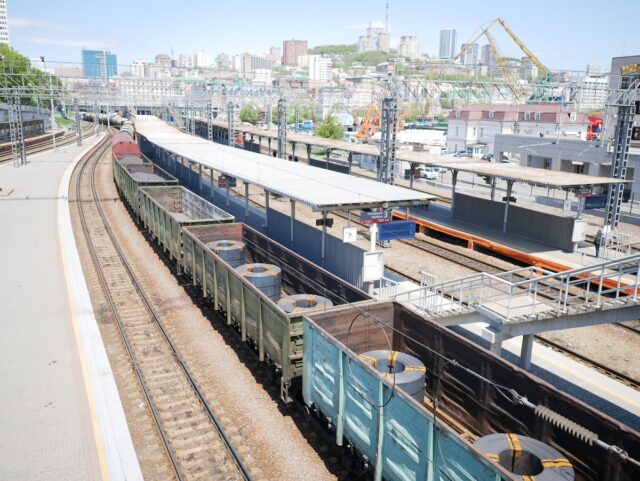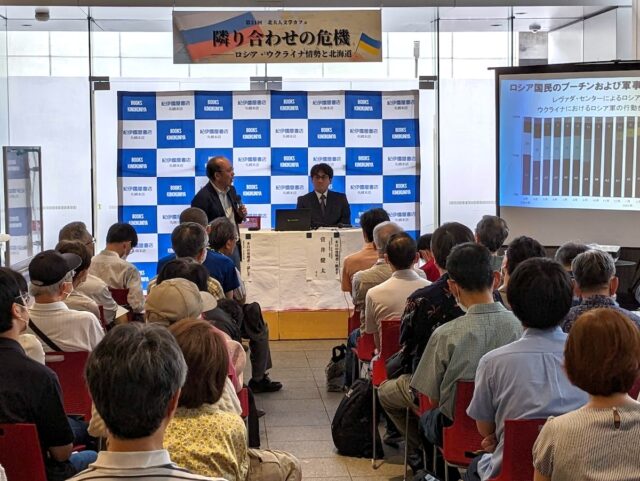Profile
- Research Subject
Economy and political process of Russia, Ukraine, Belarus and other former Soviet countries
- Research Fields
- Russian Economy
- Graduate School - Division / Department / Laboratory
- Division of Humanities / Department of Slavic-Eurasian Studies / Laboratory of Slavic-Eurasian Studies
- Contact
Office/Lab: Slavic-Eurasian Research Center 534
TEL: +81-11-706-2388
FAX: +81-11-706-4952
Email: hattori(at)slav.hokudai.ac.jp
Replace “(at)” with “@” when sending email.Foreign exchange students who want to be research students (including Japanese residents) should apply for the designated period in accordance with the “Research Student Application Guidelines”. Even if you send an email directly to the staff, there is no reply.- Related Links
Lab.letters


In search of realistic regional studies
With the collapse of the socialist Soviet Union in 1991, newly independent countries of various sizes, such as Ukraine and Central Asian countries, emerged from what was once a monolithic superpower. While on one hand some countries shifted to democracy and market economies, and became closer with Europe and the United States, more than a few countries, including Russia, tilted toward extremely authoritarian political systems, and the resulting situation that can be seen today is being closely watched by the world.
The former Soviet Union and the regions that surround it are usually analyzed from a post-empire point of view. However, is this really it? I hope that young people will expand their unique ideas at our Slavic-Eurasian Research Center, Hokkaido University, where they can interact with researchers from various fields, such as literature and history, while taking a deep look at the same target region.
Impact on Hokkaido dairy farmers: Conveying accurate easy-to-understand information
The impact of the Russo-Ukraine War has absolutely cast a dark shadow over everyone’s lives. In particular, Hokkaido has experienced steep rises in fodder, which is essential for dairy farming, and this is just one of the factors pushing farmers out of the industry. This goes to show that events in Europe are by no means unrelated to the lives of people in Japan.
When there is an emergency, fake news, etc., flies back and forth online. As a researcher, I try to convey what is happening right now at various places using my own words so that everyone has a correct understanding. I also put a lot of the same kind of effort into writing for the general public, as shown by a book I co-edited, 70 chapters for Understanding the Russian Far East and Siberia (Akashi Shoten).
Hokkaido University Literature Cafe held at Books Kinokuniya, Sapporo Main Store, on July 9, 2024
Message
In Russia, Ukraine, and Belarus, the countries that I research, there has been a dramatic change in the situation over the past two to three years. Before, there were ways to learn about the Russian economy and the regional situation, and utilize that knowledge for exchanges and economic relations with Russia, but now this has become difficult. We are now in a situation in which people ask what the point of learning about Russia is. However, it is crucial to strive to calmly ascertain Russian’s reality, even when the relations with Japan is difficult, or perhaps precisely because the relationship between the two countries is difficult, and I want to continue devoting myself to this research with all of you.




